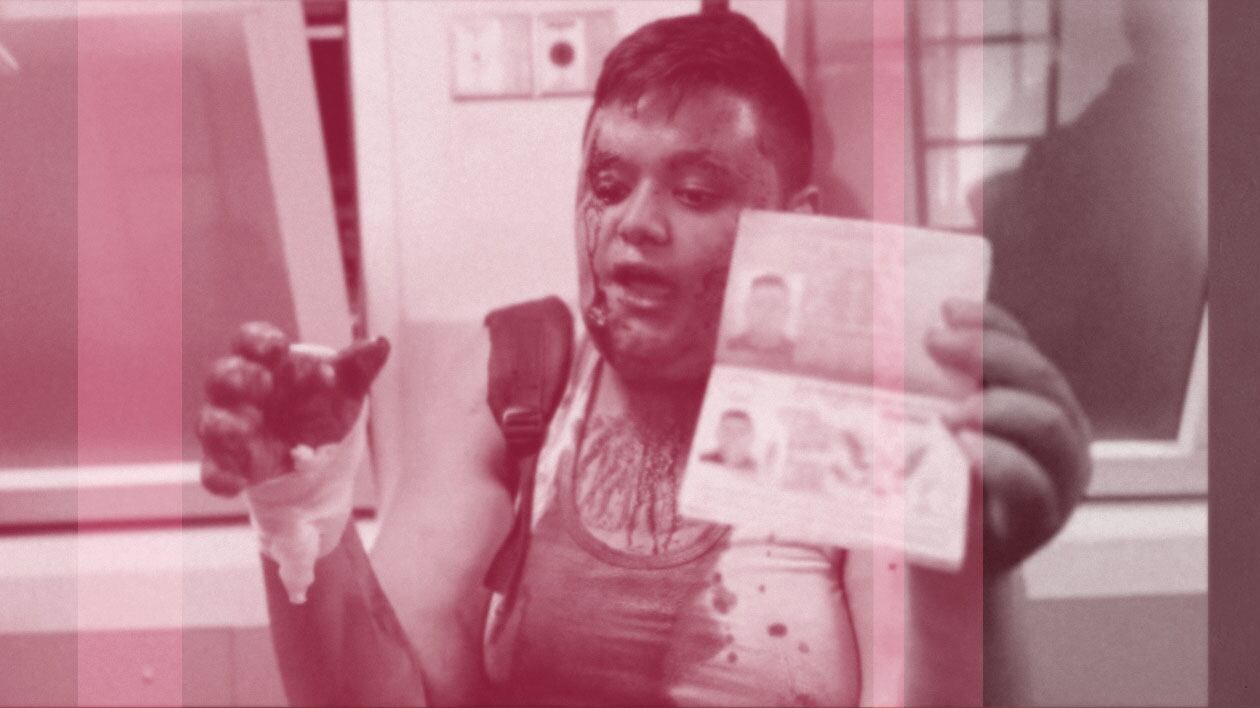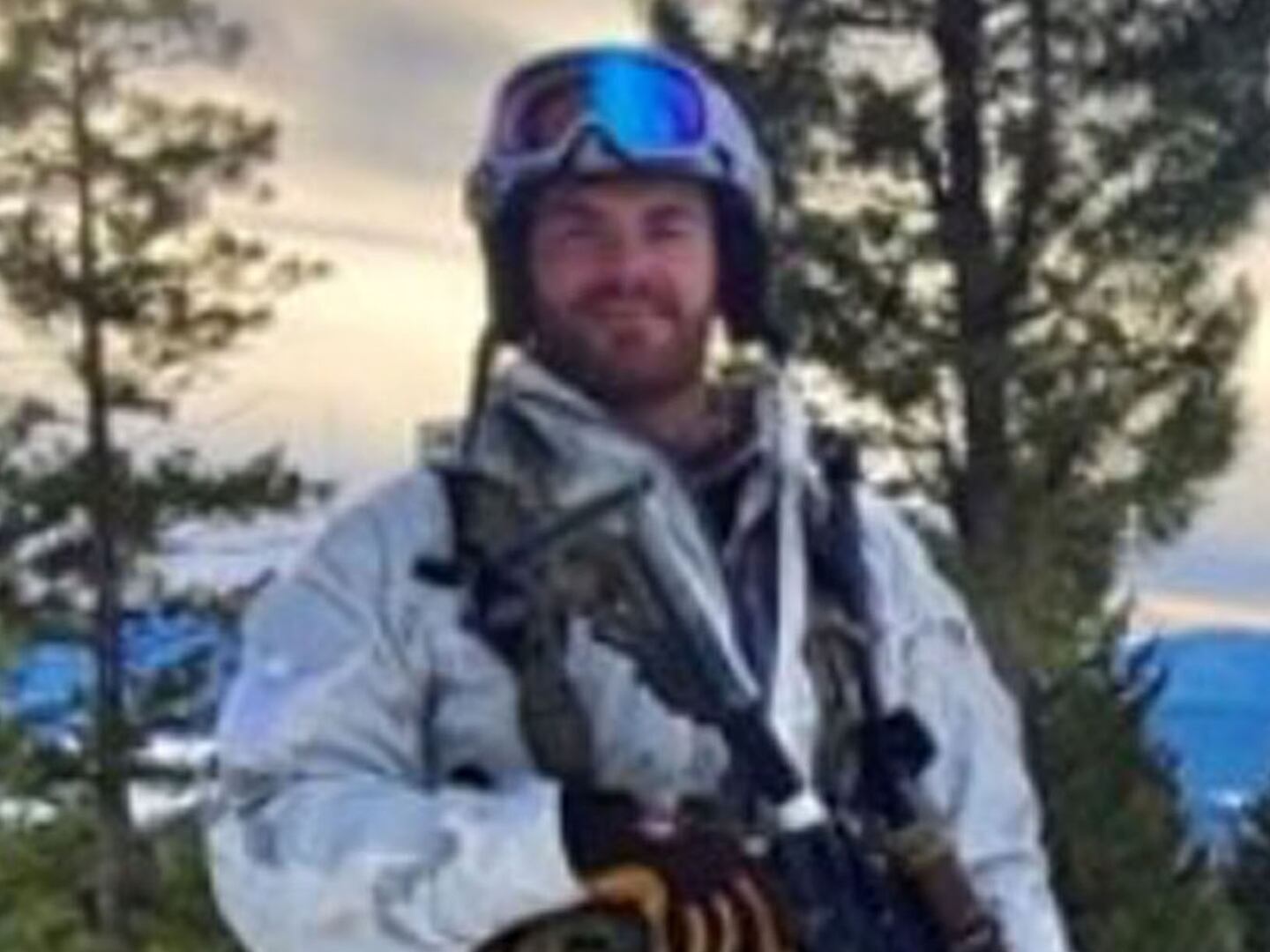Middle East
Photo Illustration by Erin O'Flynn/The Daily Beast/Courtesy of Yousof Abedalazeez Abushaban
U.S. Teenager: My Kid Sister Was Killed by Israeli Airstrike in Gaza
DEVASTATION
Michigan-born teen, 18, was injured in the blast that killed his younger sister as hundreds of Americans trapped in Gaza try to escape.






